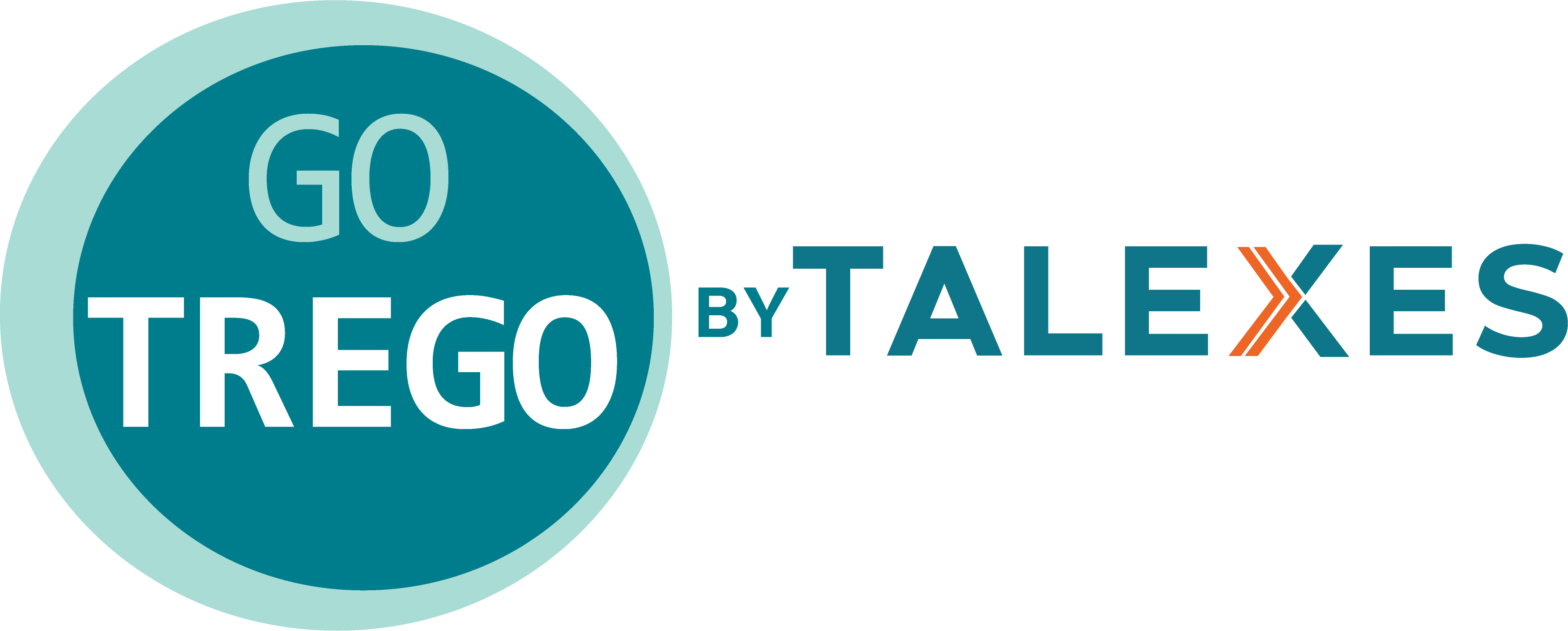In today’s fiercely competitive business environment, organizations recognize the imperative of nurturing talent to maintain a competitive edge. However, conventional performance evaluation methods often fall short in identifying skill gaps and fostering talent growth effectively. Enter competency-based assessments, heralded for their prowess in addressing these challenges. Here are nine key advantages of competency-based assessments in talent development and skill gap identification: Precision Skill Gap Identification: Competency-based assessments offer a laser-focused approach to pinpointing skill gaps within the organization. By evaluating employees against specific competencies pertinent to their roles, organizations can precisely identify areas requiring additional training or development, thus
Facilitating a seamless transition for new employees into an organization is paramount for establishing a positive initial experience and fostering long-term success. Effective onboarding encompasses various elements, including cultural assimilation, skill development, and ongoing support. Here are seven strategies to optimize the onboarding process and ensure new hires thrive in their roles. 1. Craft a Tailored Onboarding Plan: Developing a comprehensive onboarding plan tailored to each new hire’s role and needs is foundational. This plan should delineate key milestones, introduce company culture and policies, and designate individuals responsible for guiding new hires through each phase. 2. Engage in Informative Orientation
In the dynamic landscape of the modern workplace, HR professionals play a vital role in steering organizations toward success. As we move through 2024, aligning HR strategies with the evolving needs of the workforce is imperative. Here are seven impactful HR resolutions aimed at cultivating a prosperous and thriving workplace in the year ahead. 1. Prioritize Employee Well-being and Mental Health: Amidst the challenges of contemporary work environments, prioritizing employee well-being and mental health emerges as a primary resolution for HR professionals. Creating supportive atmospheres, normalizing mental health dialogues, and providing comprehensive resources are essential. Regular wellness check-ins, flexible work
In today’s fiercely competitive job market, making sound hiring decisions is paramount for organizational success. Pre-employment assessments have emerged as a game-changer, revolutionizing the hiring landscape by offering valuable insights into candidates’ potential and suitability. Here, we delve into seven key insights into how pre-employment assessments empower organizations to elevate their hiring strategies. 1. Objective Skills Evaluation: Pre-employment assessments provide an unbiased evaluation of candidates’ skills and knowledge pertinent to the job role. Unlike traditional methods susceptible to unconscious biases, these assessments focus solely on candidates’ abilities, enabling objective decision-making and minimizing hiring risks. 2. Predictive Performance Analysis: A significant
In the realm of human resources, assessments play a pivotal role in shaping successful hiring decisions and fostering the workforce. The array of available pre-hire assessment options may seem overwhelming. However, the key to achieving hiring success lies in selecting the right assessment tailored to your business needs. Assessments can generally be categorized into three main types: personality assessments, cognitive ability assessments, and skills assessments. Personality assessments delve into personality factors and interpersonal skills, offering insights into traits like openness to experience and agreeableness. Cognitive Ability Tests assess a candidate’s general mental capability and problem-solving skill, shedding light on a
In the fiercely competitive landscape of today’s job market, HR managers are constantly seeking tools to streamline talent acquisition. Pre-employment assessments emerge as a potent weapon in the arsenal of HR managers, offering invaluable insights into candidates’ capabilities, competencies, and personalities. In this article, we’ll delve into the advantages of pre-employment assessments and their role in bolstering hiring success and talent acquisition. 1.Unbiased Evaluation of Candidates Pre-employment assessments provide unbiased evaluations of candidates’ abilities, skills, and personality traits, mitigating the risk of bias in hiring decisions. For instance, a skills assessment can objectively measure a candidate’s proficiency in a specific
In today’s competitive job market, companies are increasingly turning to employment assessments to make smarter hiring decisions. These assessments offer valuable insights into candidates’ skills, abilities, and potential cultural fit within an organization. However, to truly maximize the return on investment (ROI) of these assessments, organizations must adopt best practices and draw lessons from successful implementations. Here are seven key strategies to help organizations harness the full potential of their employment assessments: 1.Define Clear Objectives and Align Assessments To ensure the effectiveness of employment assessments, it’s crucial to define clear objectives and align them with the organization’s overall hiring strategy.
The landscape of high-volume hiring has witnessed a profound transformation with the evolution of talent assessments. From rudimentary aptitude tests to sophisticated cognitive evaluations, assessments have become integral to shaping efficient and effective hiring practices. Here are seven compelling reasons illustrating the pivotal role of talent assessments in enhancing high-volume recruitment and fostering employee development: 1. Streamlined Screening Process High-volume hiring often inundates recruiters with a deluge of applications, overwhelming the initial screening phase. Talent assessments offer a systematic and automated solution, enabling recruiters to evaluate candidates’ skills and competencies efficiently. By filtering out unsuitable candidates early in the process,
In the realm of human resources, the quest for exceptional talent often begins with the arduous task of sifting through countless resumes and conducting interviews. While these traditional methods offer insights into candidates’ employment history and experience, they often fall short in accurately predicting job performance and ensuring employee satisfaction. This is where pre-employment assessments emerge as indispensable tools, offering a plethora of benefits for modern businesses. Below, we delve into five compelling advantages of incorporating pre-employment assessments into your hiring process. Enhanced Performance and Productivity Pre-employment assessments, meticulously developed and rigorously validated, serve as reliable predictors of employee productivity
Utilizing pre-employment assessments has emerged as a prevalent practice among HR managers striving to enhance their talent acquisition endeavors. These assessments are crafted to assess candidates’ competencies, aptitudes, and personality attributes, aiding in determining their suitability for both the role and the organization. They encompass a range of formats, including cognitive tests, personality evaluations, situational judgment assessments, and job simulations. Here are seven compelling reasons why HR managers should wholeheartedly embrace pre-employment assessments for bolstering their talent acquisition efforts: 1. Objective Candidate Evaluation Pre-employment assessments offer an objective means of evaluating candidates, unlike the subjective nature of resumes or interviews.
In the dynamic realm of workforce development, professional coaching stands as a cornerstone for facilitating growth and success. Whether guiding individuals or teams, implementing strategic coaching approaches can yield transformative results. Here are six essential strategies to enhance your coaching effectiveness and foster meaningful development: 1. Embrace Their Perspective Understanding your client’s unique perspective is fundamental to effective coaching. While fully grasping another person’s viewpoint may be challenging, making the effort to connect is crucial. Take the time to delve into your client’s personal and professional background, uncovering their aspirations and perceived obstacles. By gaining insights into their perspective, you
In the realm of human resources, successful managers recognize the transformative impact of hiring assessments on employee satisfaction and job fit. These assessments, utilized by employers worldwide, serve as indispensable tools for gauging candidates’ skills, competencies, and personality traits. Yet, their utility extends far beyond mere evaluation; they are instrumental in enhancing job satisfaction through precise role alignment and cultural compatibility.When an individual’s innate inclinations seamlessly align with the demands of a given job, a profound sense of fulfillment ensues. Think of that exemplary employee—early to rise, late to depart—exuding palpable enthusiasm for their work. Hiring assessments emerge as powerful













